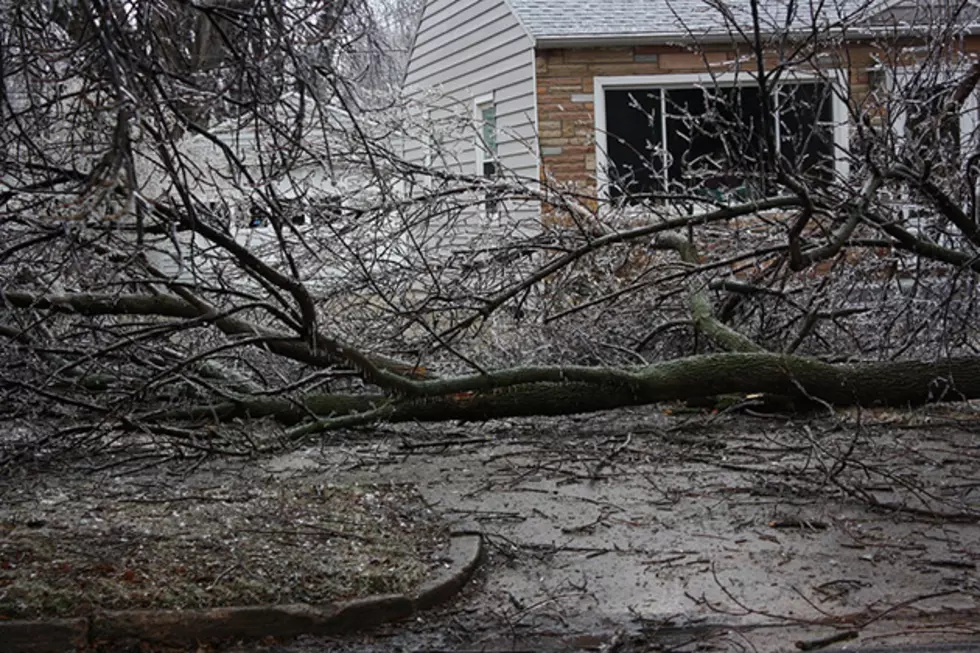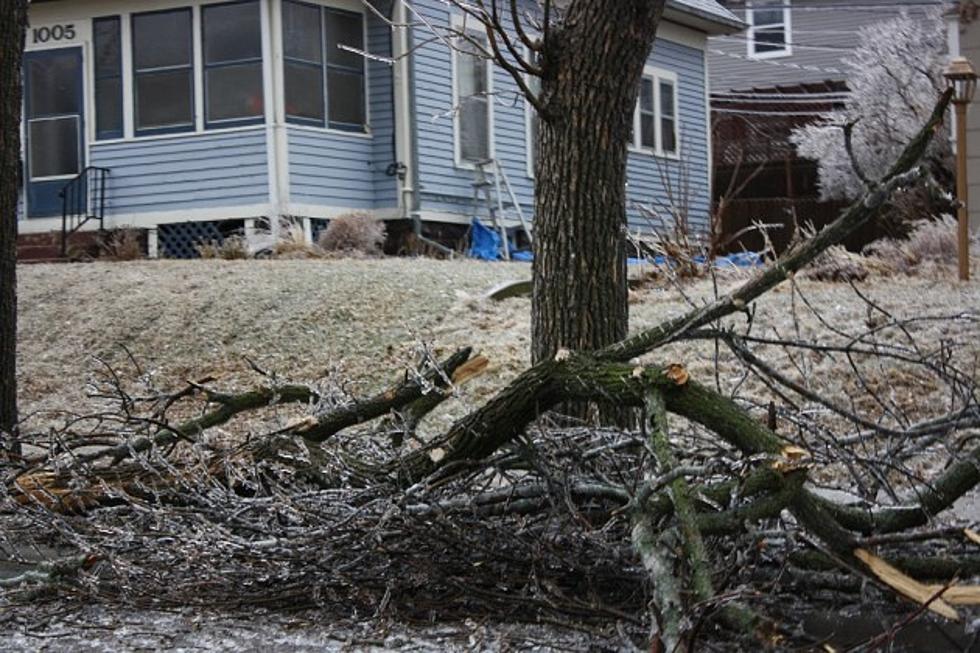Column: Power Lines, Preparation and the Private Sector
There were a lot of people complaining last week about how long it took Xcel energy to get the power back on for many of its customers.
It is important to remember that Xcel only makes its money by selling that electricity to its subscribers, so they had every reason to want those customers’ meters up and running again as quickly as possible. There is every reason to believe that after the storm hit and customers started losing their service, that given its resources Xcel did all that it could, including bringing in labor from neighboring states to fix the problems with its lines.
A better question is why Xcel wasn’t prepared to tackle the situation before the power started going out all over the area. The answers to that question behoove us to dig a little deeper.
Private sector electric companies in this country operate as government regulated monopolies. They own the power lines that deliver power to homes and businesses. So, while in some circumstances consumers can choose who produces their electricity, they have no choice in the matter of who delivers it to their homes and businesses.
The government knows that it would be prohibitively expensive for other electric companies to set up their own complete sets of lines and poles to every address, which is what they would need to do to compete with the existing company. This is called a natural monopoly and the government allows electric companies to operate in this fashion over a defined territory, but insists on regulation designed to grant them a limited profit by controlling the prices they can charge their customers.
Here is the root the preparation problem for electric companies like Xcel. They could have lined up all of help from companies in neighboring states and brought those workers into Sioux Falls in the hours before the storm hit. They could have paid for their overtime, lodging and meals. However, bringing them in before the storm would have guaranteed all that additional expense. Whereas there was a chance, as there always is with the weather, that the worst of the storm would not hit Sioux Falls. If that had happened, and the outages were confined to less populated areas, the line problems might have been repairable with just Xcel’s existing employees and equipment. They gambled on the weather, but in the end they had to pay those additional costs anyway while losing the revenues that thousands of customers without power for days would have provided.
Many in this country operate under the mythical assumption that the private sector always does things better than the government would. Here is a clear case where it does not. A state owned power distribution network would not need to gamble on the weather, or make decisions based on maximizing profit. In the same way that the National Guard can be called up before a disaster, a government run electric system could have allocated its resources in advance to ensure the minimum amount of service disruption, because protecting a profit margin would have never been a concern. “But that is socialism!” you say? Maybe so, but if it gets the heat back on faster during freak winter storms, maybe our electrical system needs a little socialism.
More From KIKN-FM / Kickin' Country 99.1/100.5






